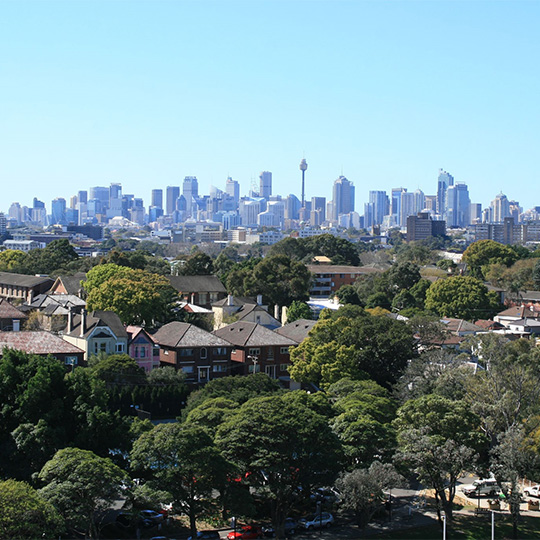A national survey from Australia’s peak psychology body has found a shocking increase in mental illness in children as young as 18 months and as old as 18 years compared with just two years ago.
Released today by the Australian Psychological Society (APS) to mark the start of Psychology Week 2022, newly elected APS President Dr Catriona Davis-McCabe urged governments to act.
“Psychologists, parents and patients are reporting unacceptable levels of suffering and harm amongst young Australians.
“We cannot accept living in a country where 18-month-old children are presenting to clinics with serious mental health issues”.
The October survey of more than one thousand Australian psychologists asked them to list presenting issues in their patients compared with two years prior. Children were grouped into three categories, 18 months to 5 years, 6-12 years, and 13-18 years.
All three age groups showed significant increases in mental illness and disorders across a range of symptoms.
“We are sleepwalking into a social and economic disaster unless we act decisively” Dr Davis-McCabe said.
“We risk a lost generation of young people who will never be able to realise their dreams should their mental ill-health continue to spiral undertreated or untreated at all.
“You don’t get a second chance to relive your childhood and develop into a mentally healthy and capable adult.
“A coordinated and sustained effort of prevention and early intervention to avert the worst of this crisis is desperately needed before it’s too late.”
The APS is particularly concerned by the reported increase in presentations to psychologists in the youngest age group (18 months to 5 years) for Separation Anxiety Disorder (36% increase over two years), ADHD (27%), Generalised Anxiety Disorder (26%), Autism Spectrum Disorder (25%) and sleep concerns (23%).
Children aged 6-12 also showed a sharp rise in several mental illnesses and symptoms with Social Anxiety Disorder (45%), ADHD (42%), peer relationship difficulties (39%), problematic screen use (36%) and educational and learning concerns (35%) the five largest increases.
The oldest age group (13-18) displayed the highest increases across the most symptoms and illnesses, with Depression (65%), Social Anxiety Disorder (60%), General Anxiety Disorder (60%), suicidality or self-harm (50%) and peer relationship difficulties (48%) reported most by psychologists.
“While for many adults the pandemic is becoming a distant memory, its affects continue to devastate children across the country. Combined with climate change, natural disasters and cost of living stress for families, children have never needed more mental health support than now.”
Despite an ongoing mental health crisis, psychology continues to have the largest workforce shortfall of any mental health profession, with the Federal Government meeting only 35% of its workforce target.
The survey also asked what psychologists believed federal and state governments could do to address the crisis, with psychologists across Australia calling for:
- More investment to grow the psychology workforce by increasing university places
- Creating a psychologist to student ratio of 1:500 for all public, private and independent schools
- Reversing the scheduled halving of subsidised Medicare sessions from 20 to 10 and making the existing 20 sessions a permanent part of the Better Access program
- Additional investment in perinatal services, and
- Letting parents qualify for subsidised psychological care without their child present.








